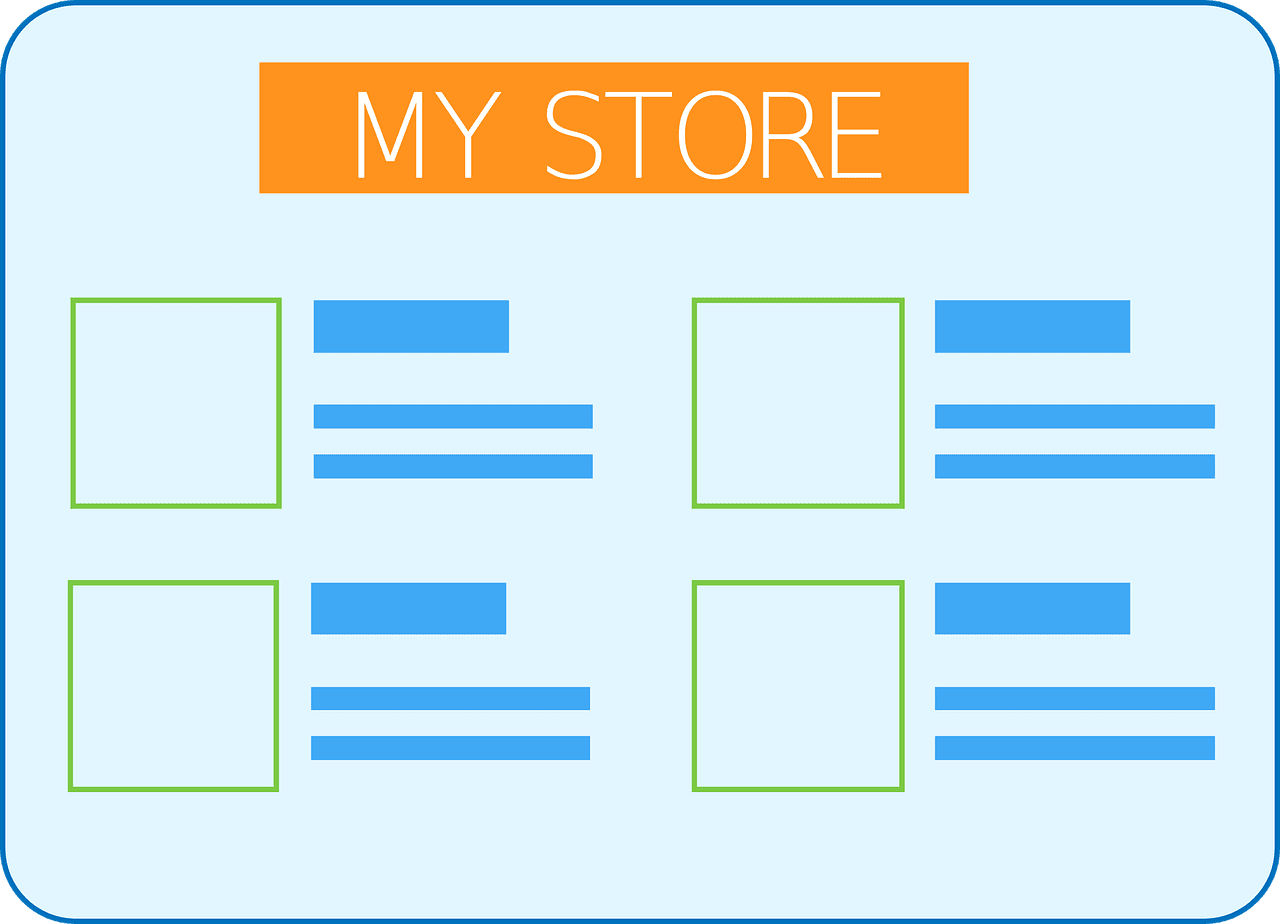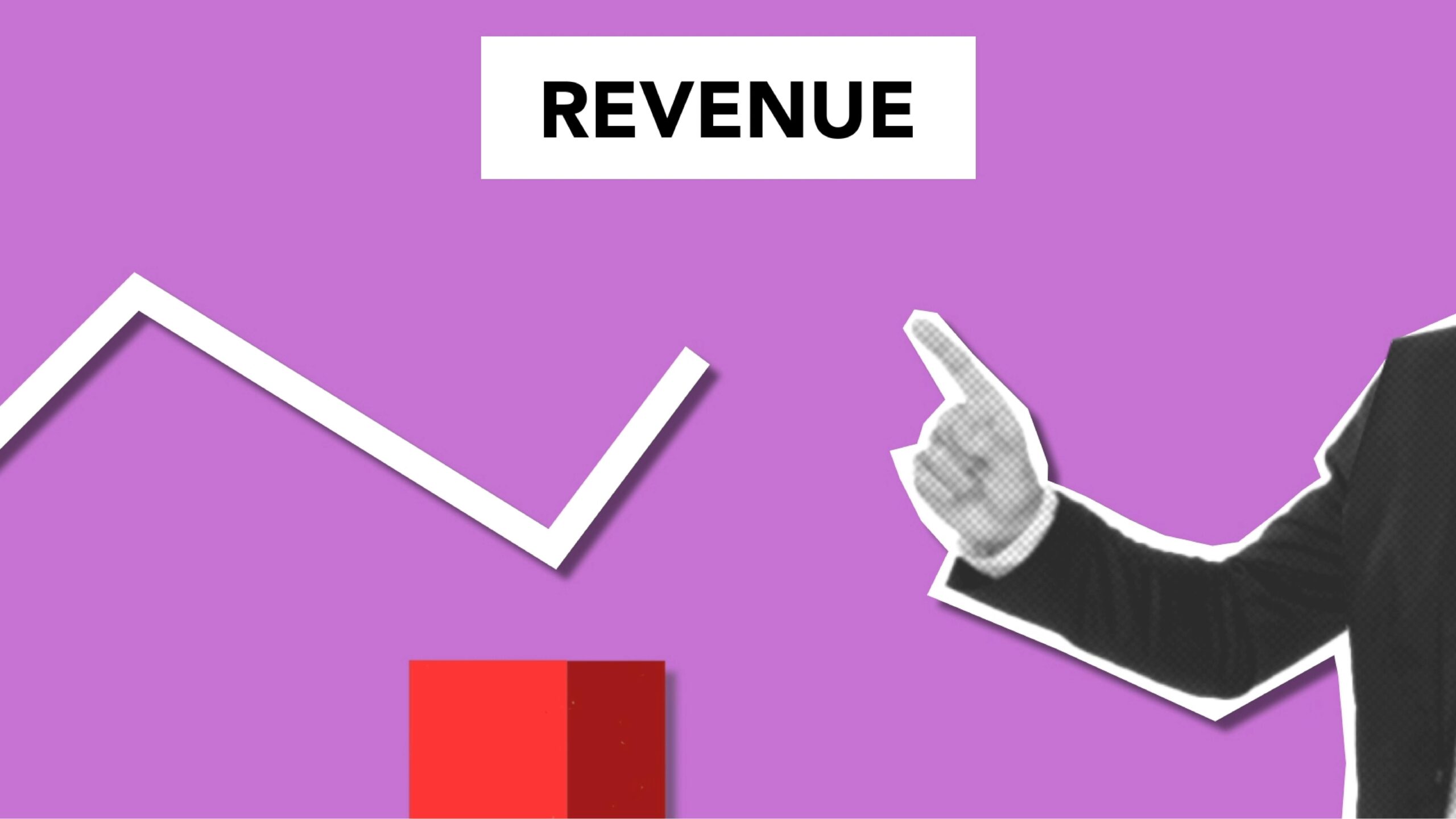Disclosure:
Some of the links on this website are affiliate links, which means that if you click on one of the links and sign up or make a purchase, we may earn a small commission at no additional cost to you. This commission helps support the maintenance and operation of this site.
We only recommend products or services that we believe will provide value to our readers. Our opinions and recommendations are based on our own research and experiences, and we strive to offer honest and unbiased content.
Please note that your support through these affiliate links is greatly appreciated, as it helps us continue to provide quality content and resources.
Thank you for your support!
Starting a business is an journey filled with potential, creativity, and determination. It also requires careful planning, preparation, and the right resources to set yourself up for success. Whether you’re an entrepreneur with an idea or a small business owner, there are some key things you’ll need to gather to launch and grow your business. We’ll explore the key elements you need to start a business and lay the foundation needed for long term success.
List of essential things you need to start a business:
- Business Idea: Your business idea is the foundation of your business. It should be unique, and solve a problem or fulfill a need in the market. Conduct market research to validate your idea and ensure there is demand for your product or service.
- Business Plan: A well thought out business outlines your goals, target market, competitive analysis, marketing strategy, operational plan, and financial projections. A business plan helps you clarify your vision, set priorities, and secure funding.
- Legal Structure: Choose the right legal structure for your business based on factors such as liability, taxation, and ownership. Common options include sole proprietorship, partnership, limited liability company (LLC), and corporation. Consult with legal and financial professionals to determine the best structure for your needs.
- Business Name: Your business name is an essential part of your brand identity. Choose a name that is memorable, reflects your brand values, and is available for registration. Conduct a trademark search to ensure your chosen name is not already in use by another business.
- Business License and Permits: Depending on your location and industry, you may need various licenses, permits, and registrations to operate legally. Research the requirements in your area and obtain the necessary approvals from local, provincial, and federal authorities.
- Tax ID Number: A Tax ID Number, also known as an Employer Identification Number (EIN) or Federal Tax ID, is required for businesses with employees, as well as for certain types of businesses such as corporations and partnerships.
- Business Bank Account: Opening a separate business bank account is essential for managing your finances and keeping personal and business transactions separate. Choose a reputable bank that offers business banking services and consider factors such as fees, features, and accessibility.
- Business Insurance: Protect your business from unforeseen risks and liabilities with appropriate insurance coverage. Common types of business insurance include general liability insurance, property insurance, professional liability insurance, and worker’s compensation insurance. Consult with an insurance agent to determine the right coverage for your business.
- Accounting and Bookkeeping System: Implement an accounting and bookkeeping system to track your business finances accurately. This may include using accounting software, hiring an accountant or bookkeeper, and establishing processes for invoicing, expense tracking, and financial reporting.
- Website and Online Presence: A professional website and strong online presence are essential for reaching and engaging with customers. Create a user friendly website that showcases your products or services, provides valuable content, and encourages interaction. Establish profiles on social media platforms relevant to your target audience and actively engage with followers.
- Products or Services: Develop high quality products or services that meet the needs and preferences of your target market. Conduct market research to understand customer preferences, and trends, and use this information to create your offers. Focus on delivering value and exceptional customer experiences to build loyalty and drive repeat business.
- Marketing and Sales Strategy: Develop a marketing and sales strategy to attract customers and generate revenue. Track your marketing efforts and adjust your strategy based on performance metrics and customer feedback.
- Equipment and Supplies: Depending on your business type and industry, you may need various equipment, tools, and supplies to operate effectively. Make a list of the necessary items and budget accordingly. Consider factors such as quality, and scalability when selecting equipment and supplies for your business.
- Business Location: If your business requires a physical location, such as a storefront, office, or manufacturing facility, choose a location that meets your needs and aligns with your business goals. Consider factors such as traffic, accessibility, zoning regulations, and lease terms when selecting a location for your business.
- Human Resources: As your business grows, you may need to hire employees or contractors to help you run and grow your operations. Develop job descriptions, and conduct interviews effectively. Invest in training and development opportunities to support employee growth and retention.
- Customer Service and Support: Providing excellent customer service is essential for building strong relationships and creating loyalty. Develop policies and procedures for handling customer inquiries, resolving issues, and providing support. Train your team to deliver exceptional customer experiences.
- Compliance and Regulations: Stay informed about industry regulations, compliance requirements, and legal obligations relevant to your business. Ensure that your business operations comply with local, provincial, and federal laws governing areas such as taxation, employment, safety, privacy, and data protection. Consult with legal and regulatory experts to mitigate compliance risks and avoid potential penalties.
Keys To Starting a Business:
1. A Clear Business Idea and Vision
Every successful business starts with a clear idea or vision. Identify a niche market, problem, or opportunity that aligns with your passions, skills, and expertise. Conduct thorough market research to validate your idea, understand your target audience, and assess the competitive landscape. Your business idea should address a genuine need or desire in the market and offer a unique value proposition that sets you apart from competitors.
2. A Well-Defined Business Plan
A comprehensive business plan outlines your goals, strategies, and tactics for success. Your business plan should include key components such as an executive summary, market analysis, marketing and sales strategy, operational plan, and financial projections. A well defined business plan not only guides your decision making and resource allocation but also serves as a valuable tool for attracting investors, lenders, and partners.
3. Legal Structure and Registration
Choose the appropriate legal structure for your business, whether it’s a sole proprietorship, partnership, limited liability company (LLC), or corporation. Register your business with the relevant government authorities and obtain any necessary licenses, permits, or certifications required to operate legally in your industry and jurisdiction. Consult with legal and financial professionals to ensure compliance with regulations and protect your business interests.
4. Financing and Capital
Determine how you’ll finance your business and secure the necessary capital to cover startup costs, initial expenses, and ongoing operations. Explore various sources of funding, including personal savings, loans, lines of credit, investments, crowdfunding, and grants. Develop a realistic budget and financial plan to manage expenses, track revenue, and allocate resources effectively.
5. Branding and Marketing Strategy
Build a strong brand identity and develop a marketing strategy to attract customers, build relationships, and differentiate your business in the marketplace. Create a memorable brand name, and logo that reflect your brand personality and values. Establish a strong online presence through a professional website, social media profiles, and digital marketing campaigns. Use traditional marketing channels, networking opportunities, and partnerships to reach your target audience and generate attraction around your brand.
6. Product or Service Offering
Develop and refine your product or service offering to meet the needs and preferences of your target market. Focus on delivering high quality products or services that solve a specific problem, fulfill a desire, or enhance the lives of your customers. Test your offers, and gather feedback to continuously improve and innovate.
Launching a business requires careful planning, dedication, and the right elements to set yourself up for success. Stay focused on your goals, remain flexible and never stop innovating and improving. With determination, passion, and perseverance, you can turn your entrepreneurial dreams into reality and build a business that makes a meaningful impact on the world.
Subscribe to our Newsletter for Posts, Updates and More.
























Leave a Reply